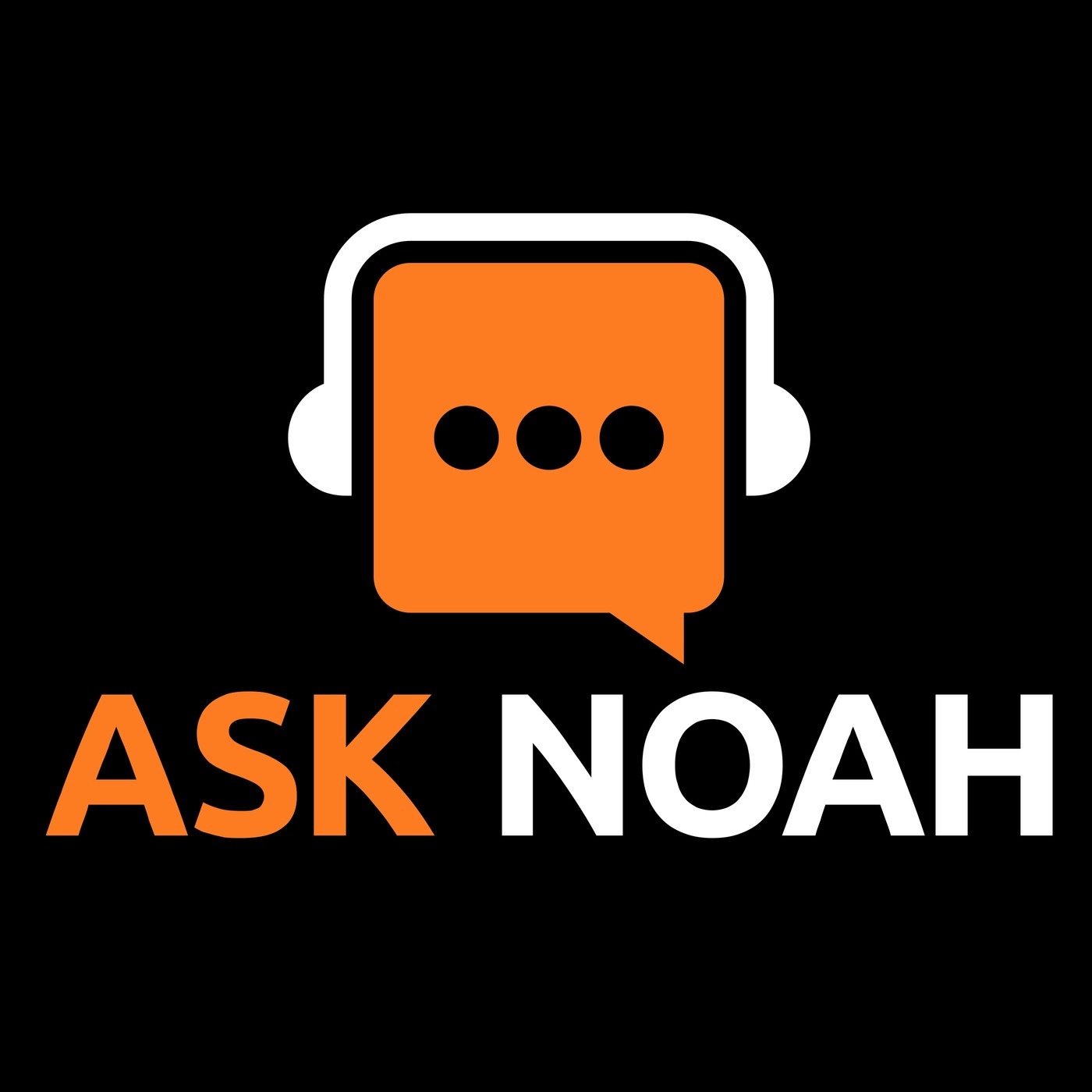Episode 87
This is How You Should Store Your Data
September 25th, 2018
59 mins 56 secs
Tags
About this Episode
This is How You Should Store Your Data | Ask Noah Show 87
In this episode your calls drove the show and that's the show we set out to do! We talk storage, LVM, hard disk configuration, SteamOS, troubleshoot an OBS box, and still find time break the news about the new and best way to listen to The Ask Noah Show live!
-- The Cliff Notes --
For links to the articles and material referenced in this week's episode check out this week's page from o our podcast dashboard!
This Episode's Podcast Dashboard
Phone Systems for Ask Noah provided by Voxtelesys
-- Stay In Touch --
Find all the resources for this show on the Ask Noah Dashboard
Need more help than a radio show can offer? Altispeed provides commercial IT services and they’re excited to offer you a great deal for listening to the Ask Noah Show. Call today and ask about the discount for listeners of the Ask Noah Show!
Contact Noah
asknoah [at] jupiterbroadcasting.com
-- Twitter --
Support Ask Noah ShowEpisode Links
- Plex Cloud is shutting down two years after launch (personalized online media streaming service) - Liliputing
- Rules of Conduct :: Project Trident
- Users fret over Chrome auto-login change – Naked Security — Chrome has long included a feature that lets you log in, connecting the browser directly to your Google account. This lets the browser, via its sync feature, store information about your web usage on Google’s servers, including your browsing history, bookmarks, tabs, autofill information, and a list of your installed extensions. Google provides it as a convenience for users because it enables them to synchronise the browser environment across their devices.
- Chrome Releases — Dev Channel Update for Desktop Tuesday, September 25, 2018 The dev channel has been updated to 71.0.3559.6 for Windows, Mac and Linux. A partial list of changes is available in the log. Interested in switching release channels? Find out how. If you find a new issue, please let us know by filing a bug. The community help forum is also a great place to reach out for help or learn about common issues.
- Log - 71.0.3554.4..71.0.3559.6 - chromium/src - Git at Google
- Chrome OS Files app getting a “Share with Linux” option for Project Crostini – About Chromebooks — Running Linux through Project Crostini on a Chromebook is great although it brings some confusion and inefficiency when it comes to file management. While you can view data files from the Linux container in the Chrome OS Files app, it’s not quite as easy the other way around. To mitigate this, a new “Share with Linux” menu option will be in the Chrome OS Files application.
- Why I’m done with Chrome – A Few Thoughts on Cryptographic Engineering — A few weeks ago Google shipped an update to Chrome that fundamentally changes the sign-in experience. From now on, every time you log into a Google property (for example, Gmail), Chrome will automatically sign the browser into your Google account for you. It’ll do this without asking, or even explicitly notifying you. (However, and this is important: Google developers claim this will not actually start synchronizing your data to Google — yet. See further below.)
- Announcing the release of Fedora 29 Beta - Fedora Magazine — The Fedora Project is pleased to announce the immediate availability of Fedora 29 Beta, the next big step on our journey to the exciting Fedora 29 release.
- Firewalla | Firewalla: Cybersecurity Firewall For Your Home and Family
- Google Suppresses Memo Revealing Plans to Closely Track Search Users in China
- Microsoft to bring multi-user virtualization to Windows and Office with Windows Virtual Desktop service | ZDNet
- Fibre Channel SAN Part 3 - Redundancy and Multipathing - FlackBox
- How to setup a Virtual Server Host — How to setup a Virtual Server Host
- Chapter 5. LVM Configuration Examples - Red Hat Customer Portal
- How to Install Seafile on CentOS 7
- Enable ExFat on Ubuntu — Install the exfat-utils and exfat-fuse packages
- How-To: Set up a home file server using FreeNAS — What is FreeNAS you say? Put simply, it's is an operating system based on FreeBSD that brings with it a snazzy web interface for management, and all the protocols you need to share files between Windows, Mac and Linux. In other words, a perfect solution for your digital bookshelf. Let's get to it.
- Guitar Sound by Ronald Jenkees
- SAN Multipathing Part 1: What are Paths?

